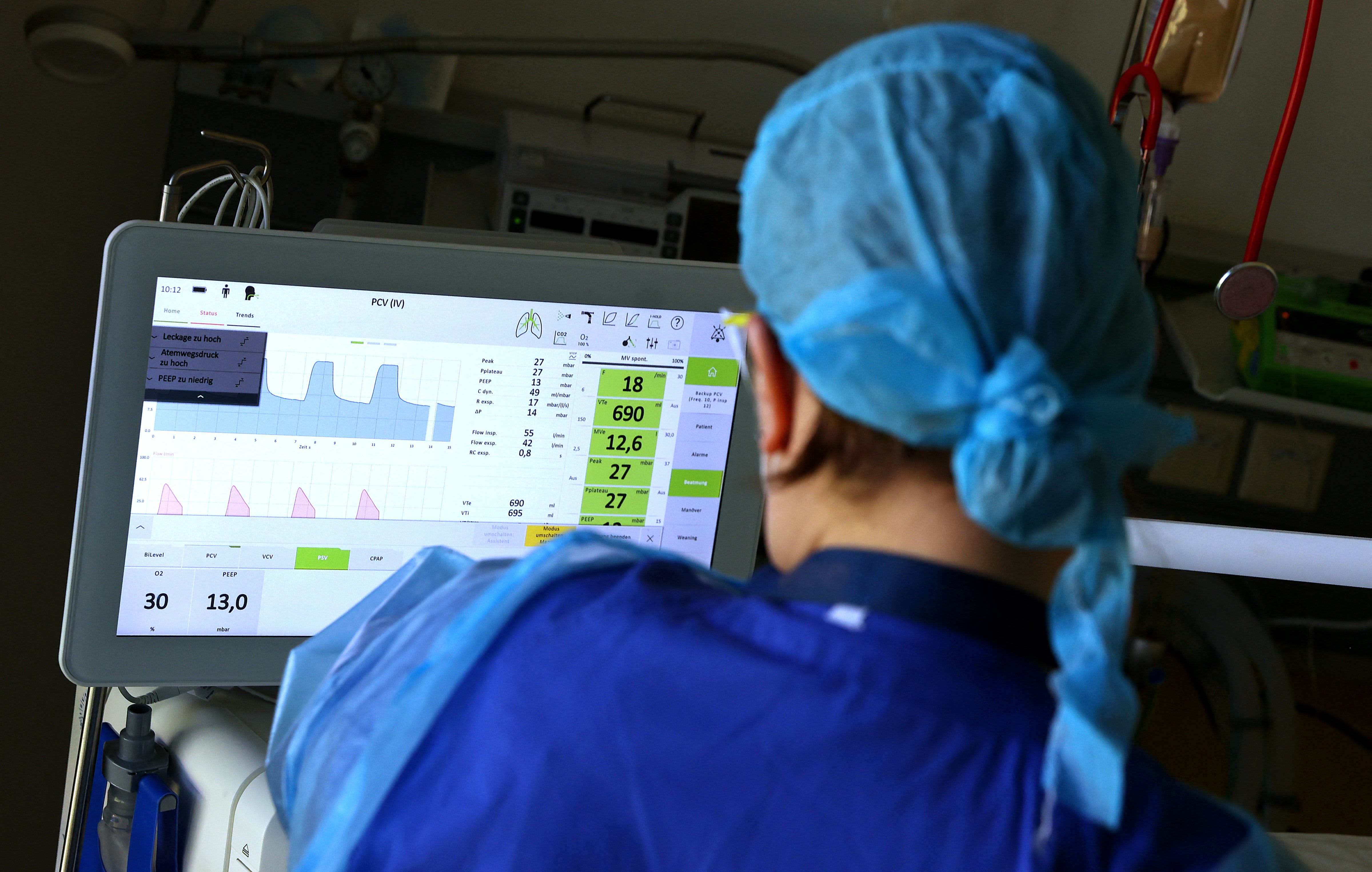President Joe Biden’s ban on travel from South Africa and seven other southern African countries takes effect Monday over concerns about the new omicron COVID-19 variant.
President Joe Biden's ban on travel from South Africa and seven other southern African countries takes effect Monday over concerns about the new omicron COVID-19 variant.
There have been no confirmed cases in the United States yet, but Dr. Anthony Fauci said it might already be here while announcing the ban Sunday. Canada's health minister said that country's first two cases of omicron were found in Ontario after two individuals who had recently traveled from Nigeria tested positive.
WATCH ANYTIME FOR FREE
Stream NBC10 Boston news for free, 24/7, wherever you are. |
“It’s going to give us a period of time to enhance our preparedness,” the United States’ top infectious diseases expert said during a television appearance Sunday.
Get updates on what's happening in Boston to your inbox. Sign up for our News Headlines newsletter.
Travelers at Boston's Logan Airport expressed frustration with unvaccinated people amid the ban Monday.
“You can see what’s happened and the lives lost, and people not being sensible and not getting vaccinated is very disheartening that common sense doesn’t prevail," Taunton resident Brian Hussey said.

Japan, which has yet to detect any cases of the recently identified omicron variant, announced Monday that it will suspend entry of all foreign visitors, joining Israel and other countries that are tightening their borders as fear spreads of yet another extension of pandemic suffering.
Israel was first on Sunday in deciding to bar entry to foreigners, and Morocco said it would suspend all incoming flights for two weeks starting Monday — among the most drastic of the growing raft of travel curbs being imposed by nations around the world as they scrambled to slow the variant’s spread. Scientists in several places — from Hong Kong to Europe to North America — confirmed its presence.
Authorities in Australia said two travelers who arrived in Sydney from Africa became the first in the country to test positive for the new variant. Arrivals from nine African countries are now required to quarantine in a hotel upon arrival. Two German states reported a total of three cases in returning travelers over the weekend.
The variant was identified days ago by researchers in South Africa, and much is still not known about it, including whether it is more contagious, more likely to cause serious illness or more able to evade the protection of vaccines. But many countries rushed to act, reflecting anxiety about anything that could prolong the pandemic that has killed more than 5 million people.
Fauci says it is especially concerning because it has so many mutations, and that means it could potentially be even more contagious than some other variants.

Doctors also say it's still unclear how effective the current vaccines are against omicron.
"They're testing it right as we speak to determine whether those who have been vaccinated and produce antibodies -- if those are effective antibodies, what we call neutralizing antibodies -- against the new variant," said Dr. Michael Misialek, associate chair of pathology at Newton-Wellesley Hospital. "The news of this variant should serve as a wake-up call to those who have let down their defenses some. It should serve as a reminder for those who are unvaccinated to get vaccinated."
As for the travel restrictions, Biden says they'll remain in effect until the U.S. has more information about the omicron variant. Those restrictions will not apply to U.S. citizens.
The Associated Press contributed to this report.



